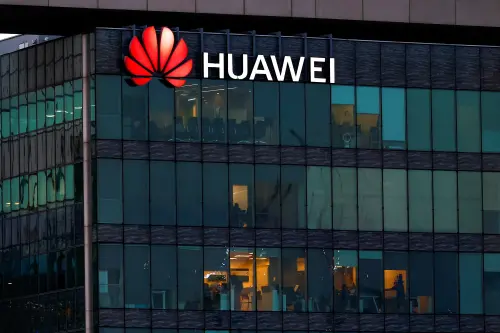Introduction
Huawei Technologies is striving to enhance its chip performance despite being one generation behind U.S. competitors. CEO Ren Zhengfei has outlined the company's strategies and investments in research and development amidst ongoing tensions surrounding U.S. export controls.Context
In an interview with the People's Daily, a publication associated with the Communist Party of China, Ren revealed that Huawei invests 180 billion yuan (approximately $25.07 billion) annually in research. He highlighted the potential of compound chips, which are composed of multiple elements, as a promising area for innovation. Addressing the concerns related to U.S. export restrictions, Ren stated there is "no need to worry about the chip problem," aiming to reassure stakeholders of the company's resilience.Developments
Ren's comments are particularly significant given the backdrop of U.S.-China tensions, especially surrounding technology and military capabilities. Since 2019, a series of U.S. export restrictions have limited Huawei and other Chinese firms from accessing advanced chips and production equipment. This has intensified scrutiny on Huawei's chipmaking efforts, which Ren claims have been overstated by the U.S.Ren acknowledged that while Huawei's chips still lag a generation behind those in the U.S., the company is leveraging cluster computing in its development process. By employing this method, multiple computers work collaboratively, allowing for enhanced computational power. He noted that Huawei is utilizing mathematics to overcome physical limitations and employing non-Moore's law techniques to move beyond conventional chip development constraints.
The Ascend series of AI chips by Huawei competes with Nvidia's offerings in the Chinese market. Although Nvidia's chips are currently more powerful, the U.S. government's restrictions on their sales to China have allowed Huawei to capture a significant market share.
In April, Huawei launched the "AI CloudMatrix 384," a system that connects 384 Ascend 910C chips, which analysts have suggested may surpass Nvidia's GB200 NVL72 system in certain metrics. Dylan Patel, founder of the semiconductor research group SemiAnalysis, noted that this positioned Huawei and China with capabilities that challenge Nvidia's dominance.
Ren also explained that about one-third of Huawei's research budget is allocated to theoretical research, emphasizing its importance for innovation. He asserted, "Without theory, there will be no breakthroughs, and we will not catch up with the United States."
